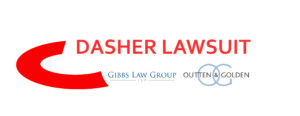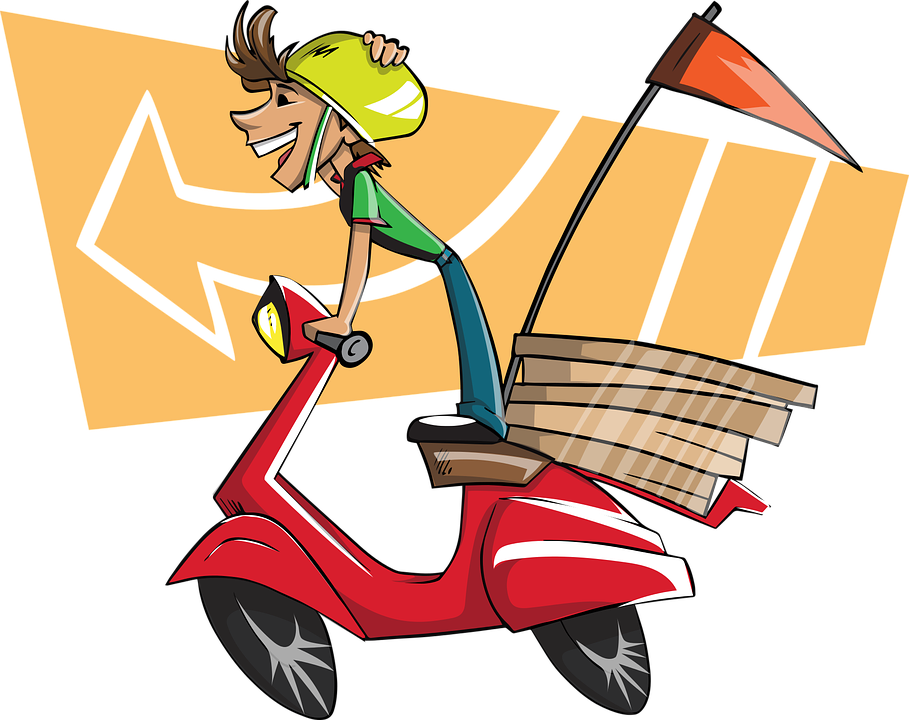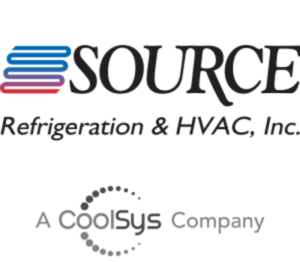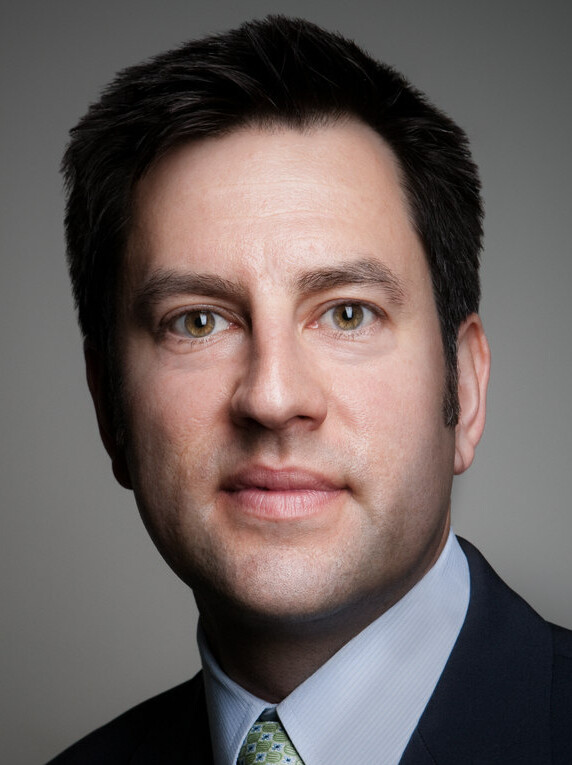
Dylan Hughes
Dylan has decades of experience representing employees in misclassification and wage and hour cases under state and federal laws.

Dashers could be entitled to mileage reimbursement, extra tips, guaranteed $13/hour, and more

We represented clients asserting that DoorDash is required under Massachusetts and Illinois law (as well as California labor law prior to December 2020) to reimburse delivery drivers for gas and mileage; to pass on all tips left by customers; to pay a guaranteed minimum amount; and to compensate all hours worked, including wait time. Many DoorDash driver lawsuits have also sought up to $25,000 per driver for DoorDash’s alleged misclassification of its workers as “independent contractors.”
In 2018, the California Supreme Court made it much more difficult for companies to classify workers as independent contractors. The Court adopted a new test to determine whether a worker is classified correctly. Under the new test, all California workers are presumed to be “employees”. An employer has misclassified its workers as “independent contractors” unless it can prove, among other things, that its workers are free from company control when performing their job.

In 2019, California passed AB5, writing into the labor code the same legal test that the California Supreme Court adopted in 2018. The law went into effect starting January 1, 2020.
On December 15, 2020, however, Proposition 22 went into effect, which meant that in California, app-based delivery and rideshare companies could hire drivers as independent contractors. The previous laws regarding the classification of California employees, therefore, are in effect for the time worked up until December 2020.

“No business which depends for its existence on paying less than living wages to its workers has any right to continue in this country.”
-Franklin Delano Roosevelt
 $9.9 Million Settlement |  |
 $10 Million Settlement |  $4 Million Settlement |
In 2017, DoorDash settled a class action lawsuit that alleged that DoorDash drivers are misclassified as independent contactors. As part of the settlement, DoorDash agreed to pay delivery drivers $3.5 million, and another $1.5 million if the company went public or doubled its valuation. Some legal watchers thought that DoorDash was too small to pay a more substantial judgment.
 | $5 million settlement |
Since then, DoorDash’s market valuation has increased substantially. In 2019, DoorDash completed a series of funding with $400 million in venture capital, reports Forbes. DoorDash also received additional funding from the Saudi crown prince, according to CNN.
Additional DoorDash lawsuits were filed against the company in 2018, 2019, and 2020 on behalf of Dashers not covered by the previous settlement.
Lawsuits against DoorDash allege that the company is skimming tips under California law, which requires that all tips go directly to employees.
The California labor code says that an employer cannot “take or receive any gratuity or a part thereof that is paid, given to, or left for an employee.” The labor code goes on to say:
“Every gratuity is hereby declared to be the sole property of the employee or employees to whom it was paid …”
The lawsuits say that DoorDash pays Dashers a guaranteed amount, and the company keeps Dashers’ tips to help pay for that amount.
DoorDash says that the driver receive all tips and DoorDash just makes up the difference if Dashers don’t reach the guaranteed minimum. But commentators say that California tip law requires a transparent process for customers, so they know that if they leave a tip, it will increase the employee’s earnings, rather than going to the business.
The lawsuit argued that DoorDash has been mislabeling its drivers as “independent contractors” to avoid paying drivers what they are owed under their state’s labor laws. In certain states, companies are required to pay: 100% of tips + minimum wage + overtime + mileage reimbursement.
Your maximum possible recovery depends on several things, such as your home state and how much time you spent Dashing. Our lawsuits seek to recover tips, unpaid overtime, mileage reimbursement, and other damages. Keep in mind: there are no guarantees we will win.
We only receive payment if our clients recover money. Our fees will either be paid to us directly by DoorDash or as a portion of any money we recover for you. Until there’s a recovery, we are not getting paid and are working with no guarantee of payment.
We had over 1,500 clients and worked to ensure that each one was not alone in taking on DoorDash. We filed cases in the way we believed would best maximize recovery, whether that is a class action or mass arbitration. Either way, our clients did not fight DoorDash alone and enjoyed benefits that came from being a part of these lawsuits – including cost savings, mounting pressure on DoorDash to do the right thing, and strength in numbers.
On January 29, 2020, we filed a class action complaint on behalf of Dashers in California, Illinois, and Massachusetts who opted out of arbitration. It is called Linn v. DoorDash, Case No. 20-cv-00666 (N.D. Cal.).
We have not been aware of DoorDash terminating a Dasher because the Dasher sued. DoorDash cannot exist without its drivers, and if DoorDash fired every Dasher who sued them, they would have to terminate thousands of Dashers.
Pursuant to DoorDash’s terms of service for Dashers, the company forced drivers into arbitration to avoid class actions but has also provided an opportunity for Dashers to opt out, which opened the door for some Dashers to pursue their claims in court.
Forced arbitration is a tool that companies use to require workers like you to waive your right to go to court and to lose your right to benefit from a class action. Unfortunately, he U.S. Supreme Court has allowed companies to force you to waive these rights by agreeing to individual arbitration.
DoorDash’s arbitration clause gives you 30 days to opt out (from the date you accepted the latest terms of service). If you recently accepted, let us know and we can help you opt out.
You are opting out of arbitration, which means you are telling DoorDash that you want to keep your right to go to court or be part of a class action. You are not opting out of the lawsuit.
DoorDash promises that they will not retaliate against you for opting out: The new contract says you “will not be subject to any adverse action from DOORDASH as a consequence of th[e] decision” to opt out.
If you asked us to send an opt-out letter, we have records of the date that we sent your opt-out letter to DoorDash. As long as the letter was sent within 30 days of accepting the latest Dasher terms of service, your opt out should be valid.
If you want to continue to Dash, yes, you need to accept it. If you aren’t continuing to work for DoorDash, you still need to accept the terms in order to opt out of the forced arbitration requirement. After you accept, you have 30 days to opt out. By opting out of the forced arbitration requirement, you can preserve your legal options and maximize your leverage to get fairly treated by DoorDash.
DoorDash began rolling out the new terms of service on November 9, 2019. You may have noticed a pop-up when you logged in to work on or after that date. DoorDash has assured us that any Dasher who made deliveries after November 9, 2019 would have needed to agree to the new terms of service.
Is there a chance you accepted the new terms of service, and just don’t remember? In our modern lives, we’re asked to accept many terms of service. It may not have stood out to you as a significant event at the time.
If there’s any chance that you accepted new terms of service within the last 30 days, you may want to send an opt out to DoorDash to preserve your right to go to court. Contact us here if you’d like us to help you opt out: dasherlawsuit@classlawgroup.com.
You don’t have to do anything. But as time passes, you could be losing your legal rights.
If you have specific questions, contact us at dasherlawsuit@classlawgroup.com.
Just because you send an opt-out letter doesn’t mean you have to sue. Even if you don’t want to sue DoorDash now, you may change your mind later.
As your attorneys, we performed most of the work for you, including appearing in court on your behalf, complying with deadlines, and working up your claims. However, we did need our clients to respond to us when we contacted them.
With these types of lawsuits, there is a slight chance a client may have to appear in court or sit for an interview with DoorDash’s counsel in what is called a “deposition.” In such cases, we prepare you in advance and remain by your side to object to any questions that we think are improper.
We pursued claims for Dashers who drove in California, Illinois, and Massachusetts. If you did not drive for DoorDash in one of these states, you may want to seek other representation promptly, as the passage of time affects your rights.
However, we filed a nationwide collective action complaint on behalf of all Dashers who have validly opted out of arbitration. We continue to do what we can to seek justice against DoorDash.
You may visit our website to learn more about us. On this page, you will see a list of the attorneys directly responsible for handling your case. You may look up any one of those names at the California Bar’s website to ensure we are licensed and in good-standing.

Dylan has decades of experience representing employees in misclassification and wage and hour cases under state and federal laws.

Steve has decades of experience representing employees. His largest recovery in a single employment case: $29 million.

Aaron has experience prosecuting a wide variety of complex employment cases, including overtime and mass layoff lawsuits.
 |
Jahan SagafiJahan is the partner-in-charge of the Outten & Golden LLP San Francisco office, where he represents workers in employment class actions challenging discrimination and wage and hour abuses. |
 |
Moira Heiges-GoepfertMoira is an associate at Outten & Golden LLP in San Francisco, where she represents employees in discrimination and wage and hour discrimination. |
 |
Molly FrandsenMolly is an associate at Outten & Golden LLP, and a member of the firm’s Class Action Practice Group. She previously served as a director of the Workers’ Rights Clinic. |
 |
Sabine JeanSabine is an associate at Outten & Golden LLP in New York and a member of the firm’s Class Action Practice Group. Sabine has received a UCLA Masin Family Academic Excellence Gold Award and a UCLA Law Enhancement Award. |
Gibbs Mura, A Law Group (formerly Gibbs Law Group) is a California-based law firm committed to protecting the rights of clients nationwide who have been harmed by corporate misconduct. We represent individuals, whistleblowers, employees, and small businesses across the U.S. against the world’s largest corporations. Our award-winning lawyers have achieved landmark recoveries and over a billion dollars for our clients in high-stakes class action and individual cases involving consumer protection, data breach, digital privacy, and federal and California employment lawsuits. Our attorneys have received numerous honors for their work, including “Top Plaintiff Lawyers in California,” “Top Class Action Attorneys Under 40,” “Consumer Protection MVP,” “Best Lawyers in America,” and “Top Cybersecurity/ Privacy Attorneys Under 40.”
Outten & Golden LLP enjoys a strong national reputation for representing employees, executives and partners in all areas of employment law. From representing senior executives in contract negotiations, to protecting individuals’ civil rights in the workplace, to combating worker exploitation and systemic discrimination in class action and impact litigation, Outten & Golden LLP is solely focused on the field of employment law. We take great pride in our innovative approach to the practice of law and our firm’s focus on protecting and promoting employee rights.
Our employment attorneys are working on a variety of employee rights cases for gig economy drivers. In our Amazon Flex lawsuits, they have filed claims for over 15,000 Flex drivers to recover unpaid wages, overtime, and work-related expenses.
In addition, our firm has previously filed cases on behalf of drivers against corporations such as: